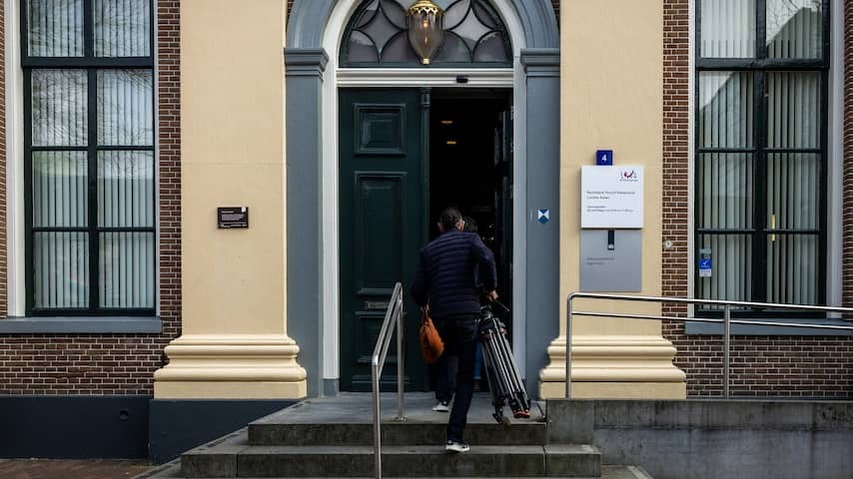
For years, mistakes have been made in drawing up judgments. In at least 867 cases, the name of the convicted person is incorrect. It cannot be ruled out that perpetrators may escape their punishment as a result, and innocent citizens may be unjustly involved with criminal law.
In 141 of the 867 cases, it concerns serious criminal offenses, such as sexual and violent crimes. The Netherlands Court of Audit speaks of serious consequences for the citizens and society involved.
The institute has conducted research into the problem in the context of Accountability Day. According to the Court of Audit, the number of cases with errors may be even higher.
The problem lies with the so-called registration of names. After a judge has made a ruling, the conviction is recorded in a judgment. The judgment is then registered in the name of the convicted person. This is where things go wrong.
Based on the investigation, the Court of Audit cannot demonstrate that there are actually perpetrators who are walking free or that innocent citizens are being confronted with criminal law. “But we also cannot explicitly rule it out,” says Ewout Irrgang of the Court of Audit in an explanation.
For example, things can go wrong if an officer stops a person on the street and then sees an incorrect conviction in the system and takes further action.
Problem Known for More Than Ten Years
The problem has been known for more than ten years at the Ministry of Justice and Security (J&V). And the first signals came in as early as 2005. However, it never reached the top. According to the Court of Audit, various ministers of J&V were therefore not aware.
The Court of Audit does emphasize “the minister’s inability to signal and resolve this.” According to the institute, the minister may “blame himself that as a result, civil servants have come into a moral dilemma.”
For example, there were civil servants who asked how they should deal with the problem. “They were literally losing sleep over it. Doing nothing didn’t feel right, but doing something sometimes didn’t feel right either,” says Irrgang. The employees have repeatedly asked for a framework for action in vain.
Employees Have Adjusted Things Themselves
Some employees have therefore acted according to their own insights. For example, they have corrected spelling errors, but in some cases also completely changed the registration of the convicted person’s name.
According to the Court of Audit, this working method is “at odds” with the separation of powers. “We wonder whether the minister has taken the judge’s seat with this.”
The State Secretary for Legal Protection was informed by the Court of Audit at the beginning of this year. The ministry has now taken improvement measures that, according to the Court of Audit, are “a step in the right direction.” For example, all 867 cases are now being analyzed.